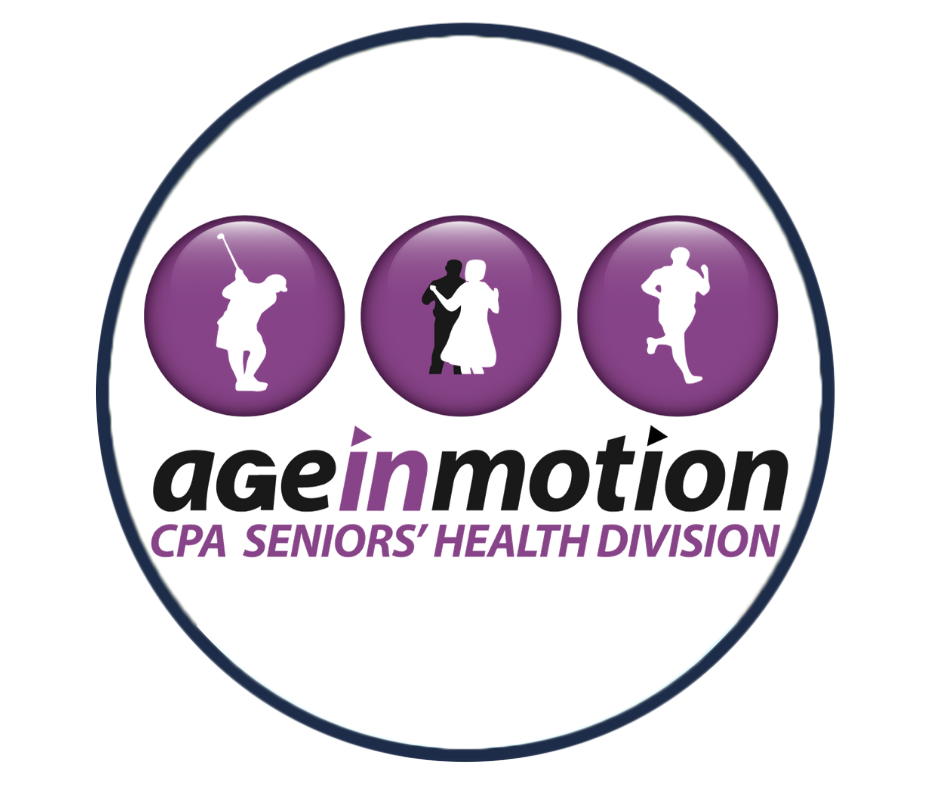Rehabilitative Care for Older Adults Living With / At Risk of Frailty Framework

Rehabilitative Care for Older Adults Living With / At Risk of Frailty Framework
This course includes
Overview:
Estimates suggest that more than 600,000 Ontarians currently live with frailty and this is projected to increase to more than 1.1 million by 2040. Early evidence shows that this number will increase further due to the effects of COVID-19 and unintended effects of infection control protocols.
The Ontario Rehabilitative Care Alliance (RCA) and Provincial Geriatrics Leadership Ontario (PGLO) have released a new best practice framework to guide rehabilitative care for older adults living with/at risk of frailty. This framework applies to all settings in the care trajectory, including acute care, post-acute (e.g. inpatient rehabilitation) and community care settings.
The framework addresses a significant gap: while a variety of documents describe best practice care for this population, until now, no single framework has provided a standardized approach to rehabilitative care across the continuum. This session will provide an overview of the framework and discuss its practical application in the development and launch of a restorative care unit in Sudbury, Ontario.
This online course is brought to you by the Seniors' Health Division of the Canadian Physiotherapy Association (CPA).
Learning Objectives
Upon completing this online course participants will be able to:
- Identify the purpose of the framework and become familiar with the required components of rehabilitative care for older adults living with/at risk of frailty;
- Understand how the framework can inform and improve the delivery of rehabilitative care for older adults across all locations, and in the context of physiotherapy; and
- Recognize opportunities for implementation of the framework in a wide variety of clinical settings.
Presenters:
Nicole Gallagher
Nicole Gallagher graduated with a Bachelor’s of Science degree in physiotherapy from the University of Ottawa in 2002. She worked as an acute care physiotherapist for over 12 years in both medicine and stroke programs. From there, she began her work within the field of specialized geriatric services by helping pioneer an inpatient geriatric consultation service at Health Sciences North in Sudbury.
Since 2018, Nicole has been a member of the North East Specialized Geriatric Center’s Regional Geriatric Implementation Team which supports implementation of geriatric best practices across north eastern Ontario. Through this role Nicole has contributed to the development of the RCA/PGLO’s Rehabilitative Care for Older Adults Living With/At Risk of Frailty Framework, which she has used to inform development and implementation of the model of care for a new acute care Reactivation Care Unit.
Dana Corsi
Dana Corsi is an Occupational Therapist with nearly 20 years of frontline clinical experience and holds a Master of Science in Healthcare Quality from Queen’s University.
As the Regional Geriatric Rehab Lead with the North East Specialized Geriatric Centre’s Regional Geriatric Implementation Team, Dana provides leadership for the planning, development and implementation of best practice rehabilitative care for older adults across all levels of the health system. Dana is Chair of the Rehabilitative Care Alliance’s (RCA) Frail Seniors Advisory group, which has provided leadership for development of the RCA/PGLO’s Rehabilitative Care for Older Adults Living With/At Risk of Frailty Framework. She is also working as an Interprofessional Implementation Fellow with Provincial Geriatrics Leadership Ontario (PGLO) to accelerate provincial adoption of emerging best practice in the care of older adults.
Charissa Levy
Charissa Levy is Executive Director of the Rehabilitative Care Alliance, a publicly funded provincial organization in Ontario that was established in 2013. She is an Occupational Therapist and has held clinical and leadership positions in health care for over twenty years.
Under Charissa’s leadership, the RCA has had a focus on the rehabilitative care needs of older adults since its inception. Key initiatives have included: development of a standardized provincial process to support direct admission to bedded rehab care from the community/ED, development and implementation of pathways for accessing rehab care for older adults post-fall who present to the ED or primary care, inclusion of fall-related indicators into the provincial RCA dashboard, and most recently, development of a rehabilitative care best practice framework for older adults living with or at risk of frailty, in collaboration with Provincial Geriatrics Leadership Ontario.
Charissa is an Adjunct Lecturer in the Institute of Health Policy, Management and Evaluation at the University of Toronto and in 2016 received the Society of Graduates’ Literary Award in Health Services, Policy and Management in recognition of her paper "Realizing the Potential of Rehabilitative Care for People with Complex Health Conditions: The Time Is Now”.
The instructors


The Seniors’ Health Division (SHD) is a special interest group within the Canadian Physiotherapy Association. SHD is committed to providing members with services related to older adult health and physiotherapy practice.
It is comprised of physiotherapists from across Canada who work with older adults in a variety of practice settings, including acute geriatric care, geriatric rehabilitative and restorative units, long term care settings, community based and home care settings.
SHD is a member of The International Association of Physical Therapists working with Older Persons.
Vision of the Seniors' Health Division: Older Canadians are moving, moving more and moving better with the help of physiotherapists.
Mission of the Seniors' Health Division: To support our members in providing excellent physiotherapy care to optimize the independence and quality of life of older adults.
Material included in this course
-
Rehabilitative Care for Older Adults
-
Welcome!
-
Slides
-
Introduction
-
Framework Overview
-
Implementation - Community
-
Implementation - ED & Acute Care
-
Post Acute Care
-
Conclusion
-
Feedback
-
Questions